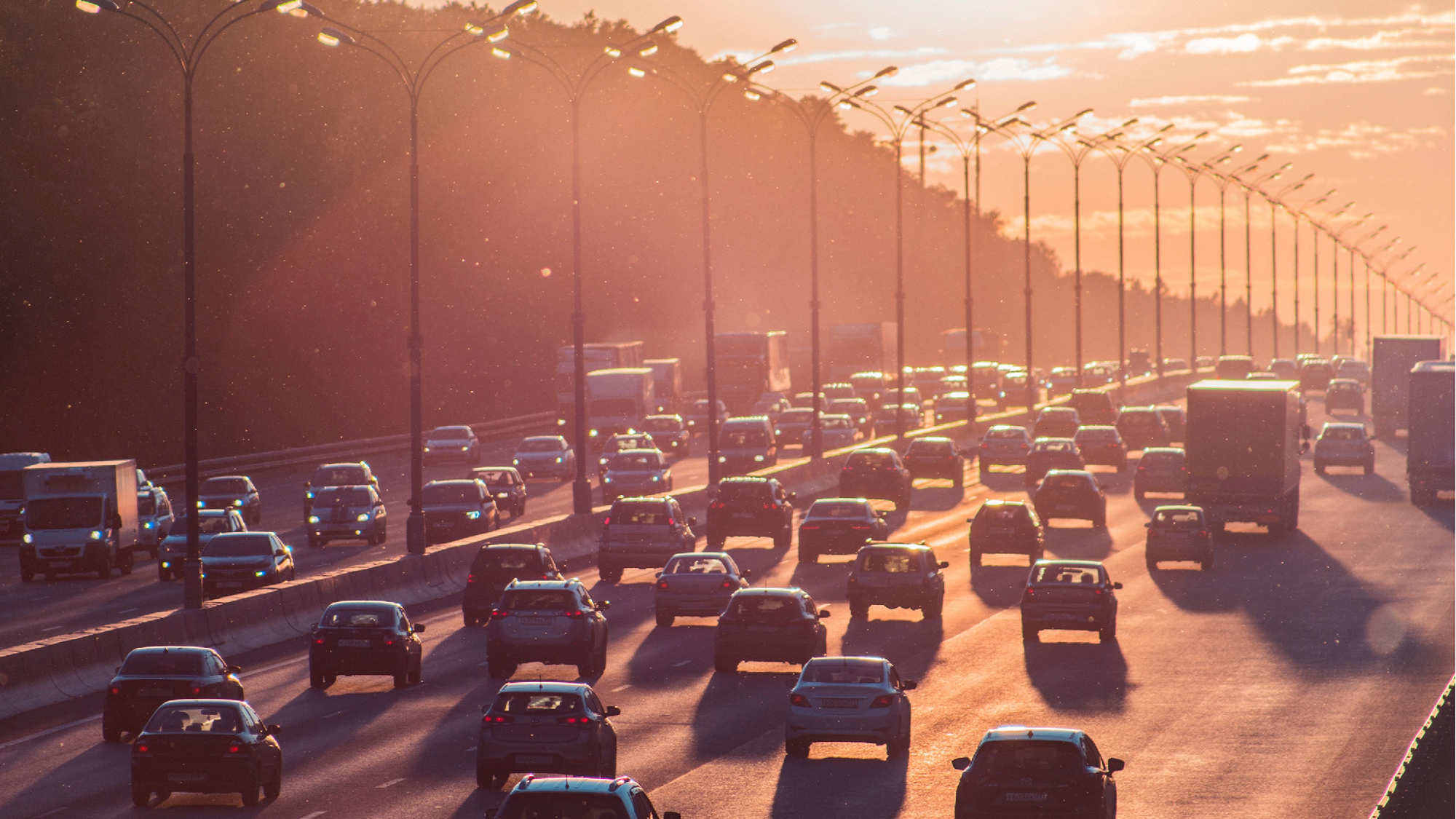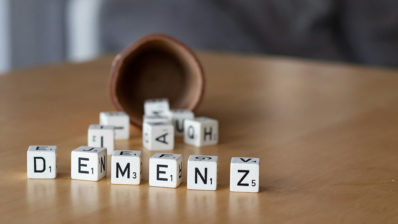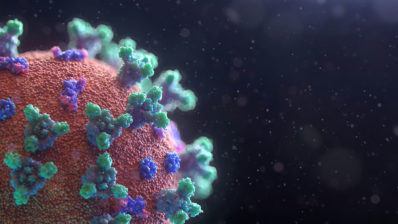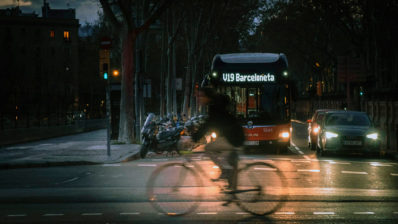Air pollution has been linked to many adverse health effects. But what effects does it have on the immune system?
A new study led by Manolis Kogevinas, Cathryn Tonne and other researchers at the Barcelona Institute for Global Health (ISGlobal) has analysed nearly 1000 people to show that high levels of pollution can indeed cause a reduction in the immune response induced by Covid-19 vaccines.
They estimated volunteers’ exposure to pollutants – fine particulate matter (PM2,5), nitrogen dioxide (NO2) and black carbon (soot) – over the previous 10 years and, once vaccinated, they measured their antibody levels against various covid antigens.
Results showed that living in a polluted place for 10 years makes the immune response slower and worse, with a 5-10% reduction in the level of antibodies generated. The reason? According to the authors, chronic inflammation caused by pollution may be playing an important role.
Notably, no such link was found in people who had suffered from the disease before vaccination. This is probably due to the fact that previous infection and the antibodies generated by it favours a better response to the vaccine. Even so, the authors believe that the possible effect of air pollution on hybrid immunity (infection plus vaccination) needs to be further investigated.
Kogevinas M, Karachaliou M, Espinosa A et al. Long-term exposure to air pollution 1 and COVID-19 vaccine antibody response in a general population cohort (COVICAT Study, Catalonia). Environmental Health Perspectives. https://doi.org/10.1289/EHP11989







